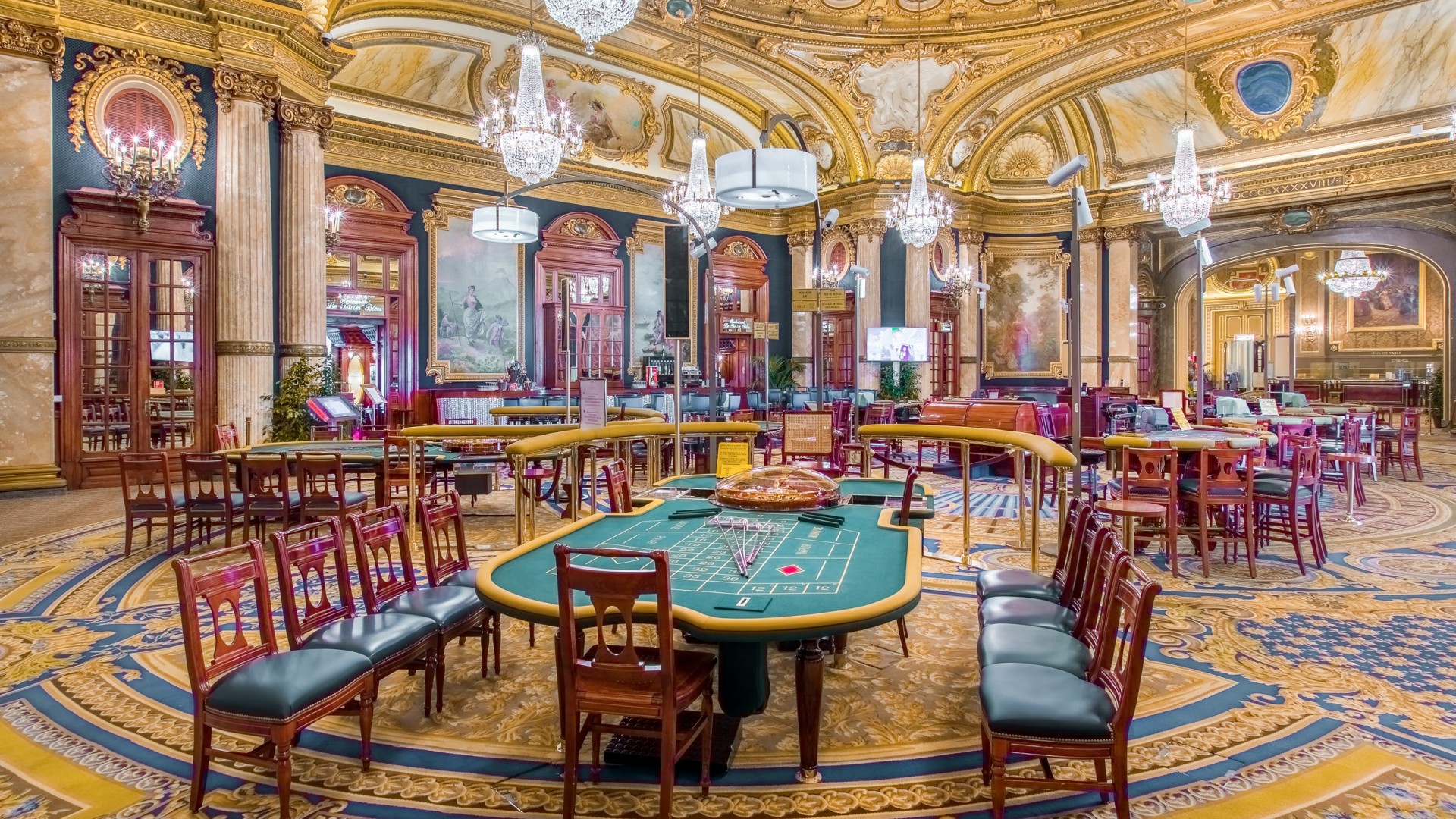
Gambling games have long captivated a diverse audience, offering not only the excitement of risk but also a unique experience tailored to diverse kinds of players. From analytical thinkers who excel at strategic thinking to the casual players who seek entertainment, casinos understand the nuances of their audience and design games that meet these varied interests.
In delving into the realm of gambling games, we encounter a rich tapestry of game types that interest players of all kinds. High-stakes poker tables attract competitive players, while exciting slot machines attract those seeking instant gratification. Whether it’s about the chance to win big or simply enjoying the community feeling, casinos tailor their game offerings to ensure that everyone finds a spot that feels comfortable and engaging. Comprehending how these games are tailored to diverse types of players can enhance not only our enjoyment of them but also our method for choosing which games to play.
Understanding Player Types
In the varied world of gaming entertainment, players can be categorized into separate categories based on their incentives and preferences. These player types range from the casual and communal gamers, who enjoy the fun value and social interactions that gambling provides, to the more tactical and analytical players, who seek to maximize their odds and profits. Understanding these distinct kinds is essential for casinos to customize their offerings and design immersive experiences.
One common type is the social player, who considers casino games as a form of community interaction and entertainment rather than a solemn gambling pursuit. These players often enjoy games that encourage engagement and camaraderie, such as group-based games. Their attention is on the journey rather than the result, so dynamic environments and collective moments are what they hold dear the most.
On the other end of the spectrum, tactical players are driven by competition and the pursuit of skill. They tend to lean toward games that require strategic thinking and strategy, such as strategic card games, where their abilities can determine the outcome. This type often interacts with the games on a deeper level, utilizing expertise and approaches to secure an edge. Grasping these drives allows casinos to create atmospheres and game selections that cater to each player’s distinct preferences.
Strategies for Game Design
Casino games are designed with diverse player types in mind, employing multiple strategies to draw in and capture them. For casual players, the focus is on simplicity and ease of understanding. Games like slots are frequently aesthetically pleasing with simple mechanics. This enables players to experience the experience without a steep learning curve, creating an inviting atmosphere. The bright colors, engaging audio, and themes create a playful environment where players can easily get immersed and entertained.
For tactical players who enjoy a deeper level of engagement, games such as Texas Hold’em and 21 offer complexity and strategic elements. These games incorporate strategy and decision-making, attracting to players who thrive on challenge and want to exercise their mental skills. The design of these games often includes complex rules and mechanics that challenge players to hone their skills and create strategies over time, creating a fulfilling experience for those who enjoy mastering the game.
Additionally, social players are considered through games that emphasize interaction and community. This includes live casino options and multiplayer formats, which foster a sense of community among players. The design of these games typically includes chat features and social elements, allowing players to connect and exchange insights. By building an environment where participation is encouraged, casinos can effectively involve social players, making the gaming adventure more enjoyable and memorable.
Boosting Gamer Experience
Gambling titles have advanced notably to offer a more engaging atmosphere for players. Game developers focus on high-quality visuals, dynamic soundscapes, and novel gameplay features that pull players into the gaming space. By employing tech, such as virtual reality and augmented reality, betting houses ensure that participants feel as if they are part of a dynamic experience, enhancing in addition to the enjoyment of the games but also the entire satisfaction of being in a gambling venue.
Player interaction is another critical element in enhancing gamer experience in casino options. Many titles are designed to facilitate interaction among participants, whether through team play or social tools. This social aspect is attractive to players who like interacting with others while playing, promoting a feeling of community. Moreover, social features can include scoreboards, competitions, and prizes for cooperative play, which attract ambitious players and inspire them to come back for more. F168
Finally, personalization plays a vital role in customizing the interaction for diverse gamer demographics. Casinos and software designers study player behavior and preferences to present tailored game suggestions and benefits. By comprehending the individual tastes of participants, gaming establishments can provide tailored offers, incentives, and new titles that appeal to each gamer, thus improving their complete engagement and devotion to the gaming venue.
